N95 Respirator Masks During a Global Virus Outbreak
Masks During a Virus Outbreak
Episodic outbreaks of viruses garner major headlines and government entities are quick to enact restrictive protocols to ensure that the disease is contained. For people living in countries where there is contamination risk, having a mask that can control the spread of airborne particles is a simple precaution that almost everyone can take.
The N95 Respirator Mask
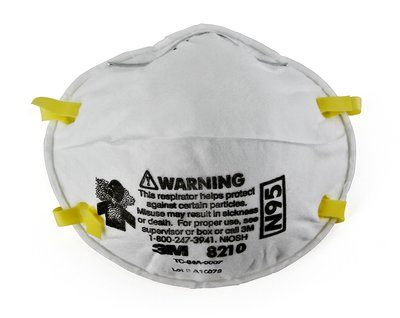
3M N95 Mask – 8210 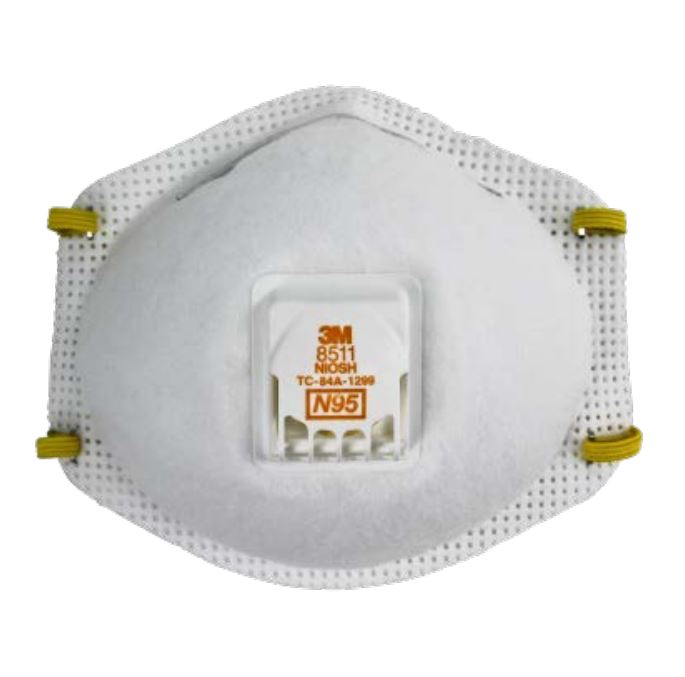
3M N95 Mask – 8511 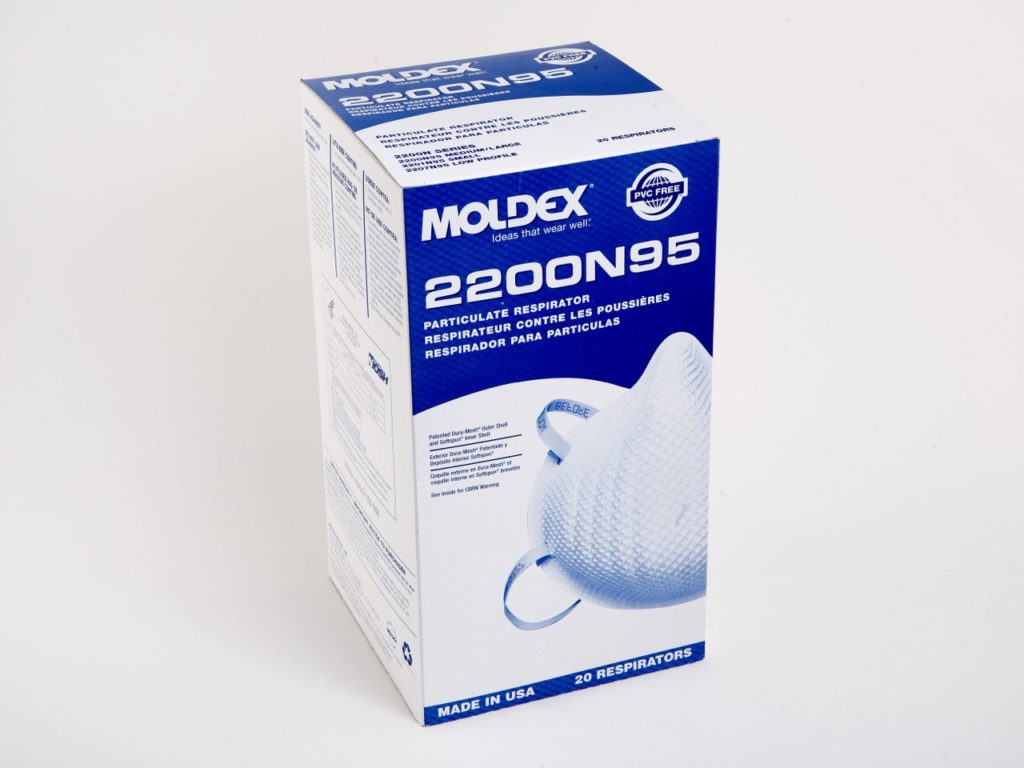
Moldex N95 Mask
In past outbreaks, one mask, the 3M Particulate Respirator 8210, N95, proved to be effective in preventing the spread of dangerous viruses, including Norovirus, H1N1, and SARS. Information gleaned from a medical panel in 2003 convened by the Public Health Agency of Canada (PHAC) suggested that certain types of masks could offer protection against certain strains of the flu virus.
According to a recent CBC report PHAC findings noted that another medical panel indicated that N95 masks are likely to provide the best protection against some flu viruses due to being able to filter particles smaller than one micron.
A History of Slowing the Spread of Viral Diseases
In the US, Center for Disease Control (CDC) guidance indicates that N95 masks are sufficient for routine airborne isolation precautions against Severe Acute Respiratory Syndrome (SARS) when taking proper precautions.
Due to the fact that N95 masks fit more tightly around the nose and mouth along with their ability to filter very small particles, they protect better against a variety of flu strains, including H1N1 (Swine Flu) versus ordinary surgical masks. When fitted correctly, N95 masks filter out 95% of small particles. These findings were based on a study by Raina MacIntyre, MD, PhD, professor of infectious diseases epidemiology at the University of South Wales in Sydney, Australia.
N95 Masks Have a Variety of Uses
While the primary use of the 3M Particulate Respirator 8210, N95 has been for industrial use like grinding and sanding, it also has utility for protection against a variety of airborne particles such as mold, Bacillus anthraces and Mycobacterium tuberculosis. Medical panels have noted the efficacy of N95 masks in certain situations, and research continues to explore how they can assist against different types of viruses.
Facemasks & Surgical Masks Have Historically been Used to Protect Against Virus’
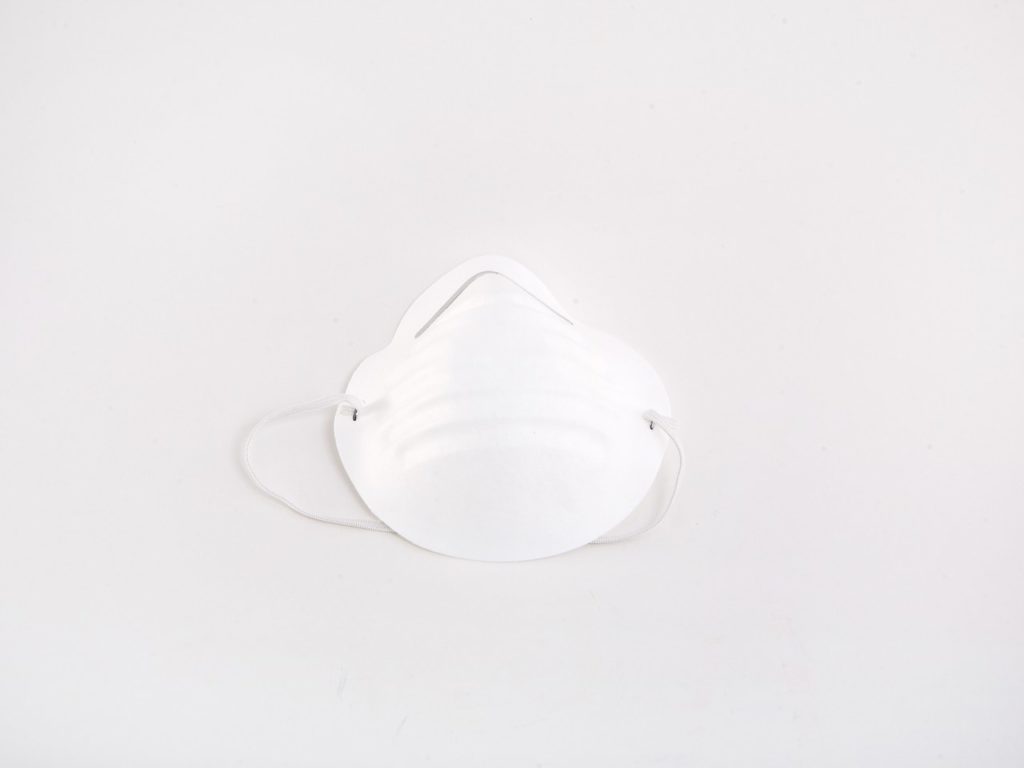
Dusk Mask (Cone Type) 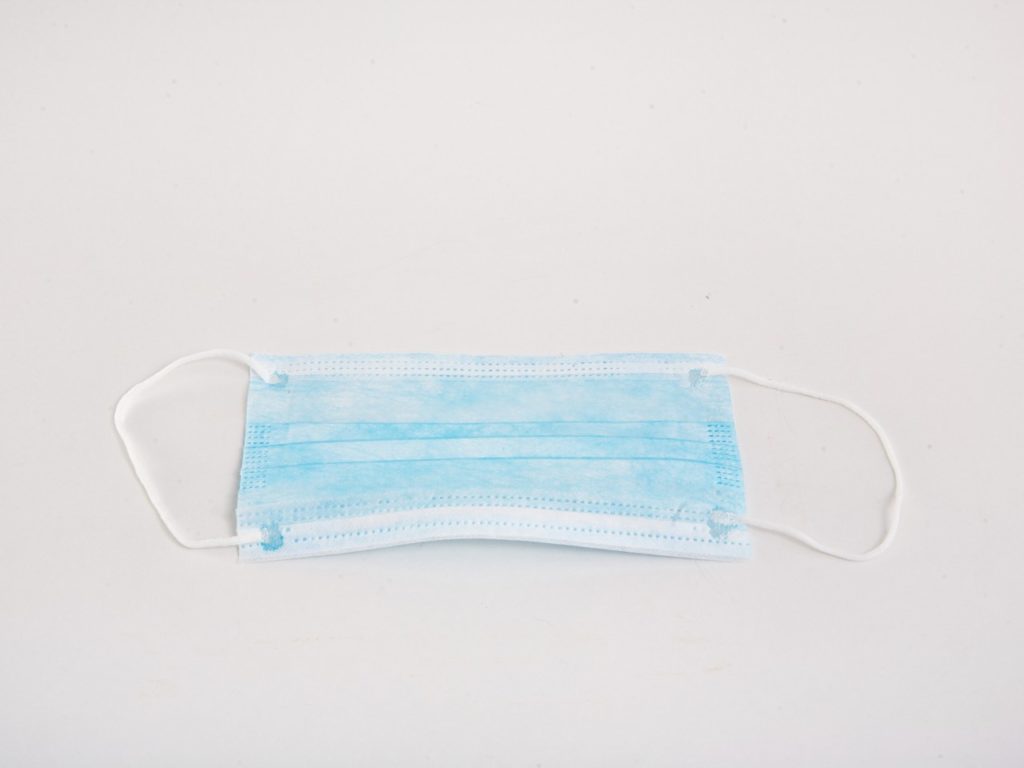
Surgical Mask 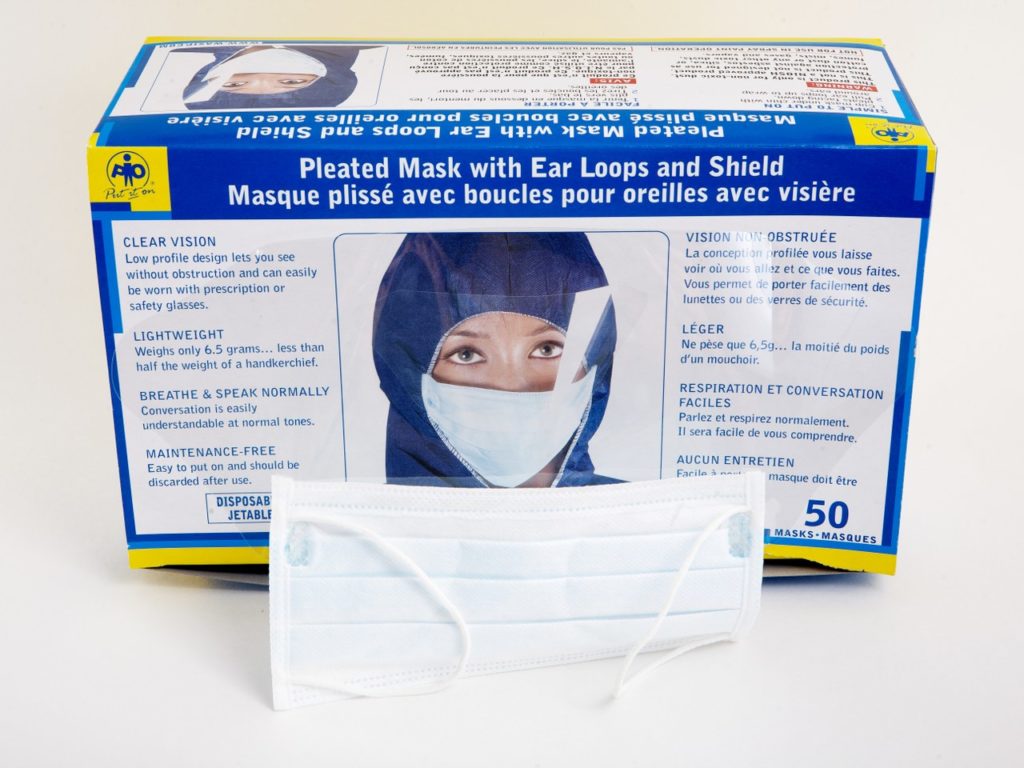
Technol Fluid Shield & Mask
The CDC has also noted that N95 masks are the preferred facemasks used for Coronovirus and that they are highly effective despite being less well-known in healthcare than surgical masks. A recent post from CTV News explained that surgical masks do little for a healthy person but they could be helpful when worn by a sick person to lessen the spread of the virus. The same article, however, quoted Chief Medical Officer of Health Dr. David Williams who said his office has “never recommended the wearing of masks in public.” and that surgical masks will not protect you from the new coronavirus, he said.
A 2009 study concluded that N95 masks should be helpful for reducing the incidence of H1N1 virus. The study was based on results from two commercial airline flights between New York and Hong Kong.
To Some Extent, All Facemasks Help Filter Large Particles an Infected Person May Breathe Out
In the past, the CDC has also noted that face masks of any kind are generally useful in filtering out large particles that a person coughs up, and that this can reduce the transmission of SARS. When worn properly, other types of masks, including respirators and surgical masks have been somewhat effective against the spread of infectious disease. Numerous studies, medical advisory boards, and government authorities have documented the efficacy of masks during the outbreak of flu and other viruses. Whether or not you’re wearing a face mask, health authorities in Canada have communicated that it’s far more important to frequently wash your hands and avoid touching your mouth and face.

